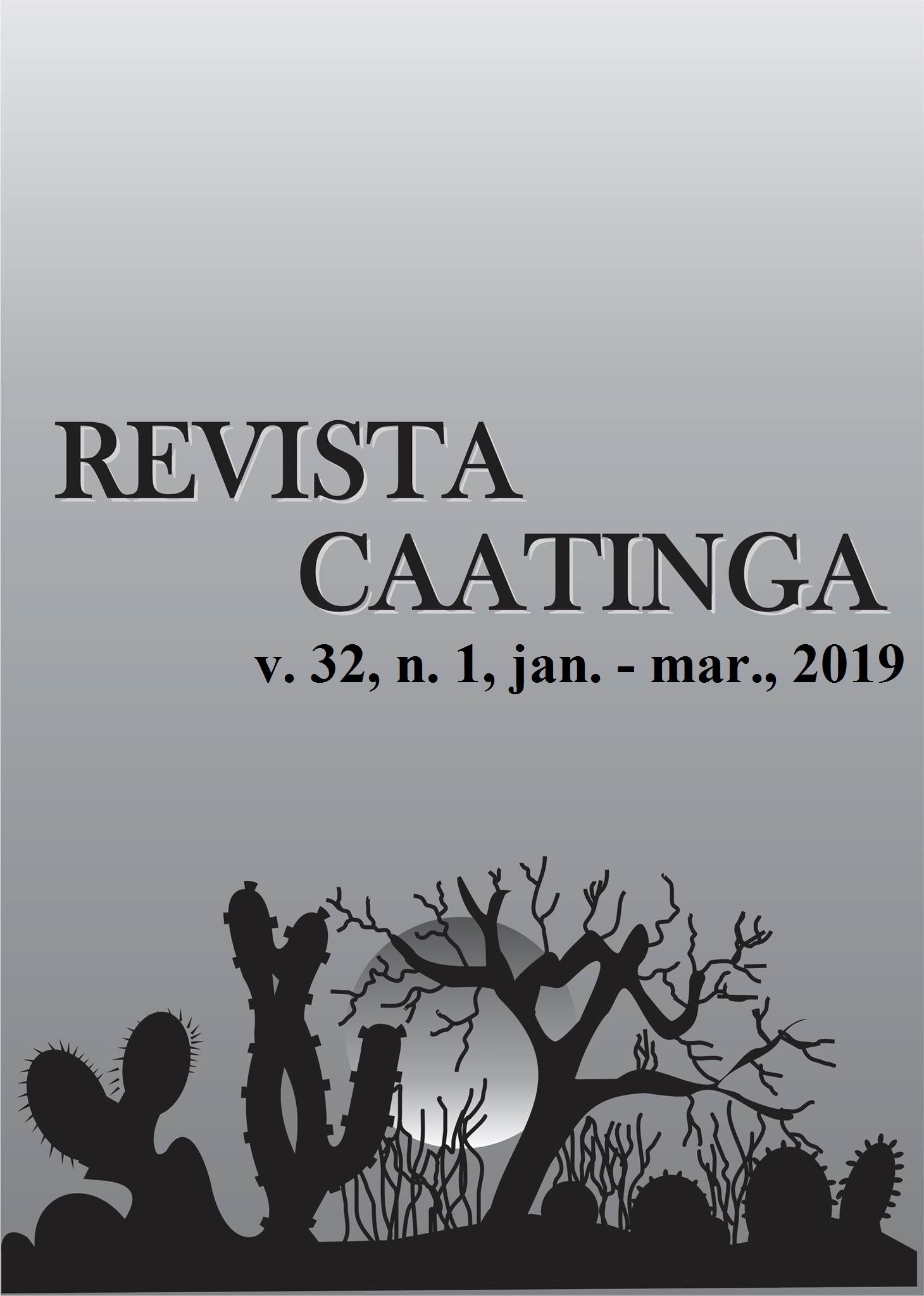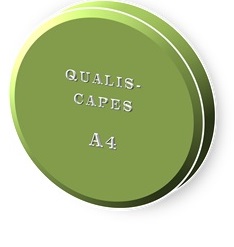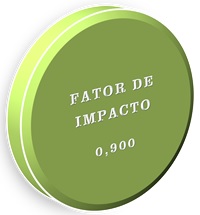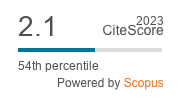ARBUSCULAR MYCORRHIZAL FUNGI AND PHOSPHORUS DOSES ON COFFEE GROWTH UNDER A NON-STERILE SOIL
DOI:
https://doi.org/10.1590/1983-21252019v32n108rcKeywords:
Biotechnology. Coffea arábica L. Phosphate fertilization. Symbiosis.Abstract
The use of mycorrhiza is a promising biotechnology that makes coffee cultivation sustainable in the use of fertilizers. In this sense, plant growth and phosphorus contents were assessed in coffee inoculated with Rhizophagus clarus, Claroideoglomus etunicatum and Dentiscutata heterogama in soil fertilized with 0, 0.74, 1.48 and 2.96 g P2O5 kg−1. The experimental design was a randomized block design in a 4 × 4 factorial scheme with four replications. The mycorrhizal seedlings were previously produced and later transplanted to pots, simulating the field planting. The assessments were performed 150 days after transplanting. All variables were influenced by inoculation, but the effects were dependent on P doses. P doses higher than 50% of the recommended dose (0.74 g P2O5 kg−1) decreased the benefit of mycorrhiza. The fungi Rhizophagus clarus and Claroideoglomus etunicatum promoted a higher growth of coffee plants when compared to non-inoculated plants in non-sterilized soils and with a reduction in the applied P.
Downloads
Downloads
Published
Issue
Section
License
Os Autores que publicam na Revista Caatinga concordam com os seguintes termos:
a) Os Autores mantêm os direitos autorais e concedem à revista o direito de primeira publicação, com o trabalho simultaneamente licenciado sob a Licença Creative Commons do tipo atribuição CC-BY, para todo o conteúdo do periódico, exceto onde estiver identificado, que permite o compartilhamento do trabalho com reconhecimento da autoria e publicação inicial nesta revista, sem fins comerciais.
b) Os Autores têm autorização para distribuição não-exclusiva da versão do trabalho publicada nesta revista (ex.: publicar em repositório institucional ou como capítulo de livro), com reconhecimento de autoria e publicação inicial nesta revista.
c) Os Autores têm permissão e são estimulados a publicar e distribuir seu trabalho online (ex.: em repositórios institucionais ou na sua página pessoal) a qualquer ponto antes ou durante o processo editorial, já que isso pode gerar alterações produtivas, bem como aumentar o impacto e a citação do trabalho publicado (Veja O Efeito do Acesso Livre).







